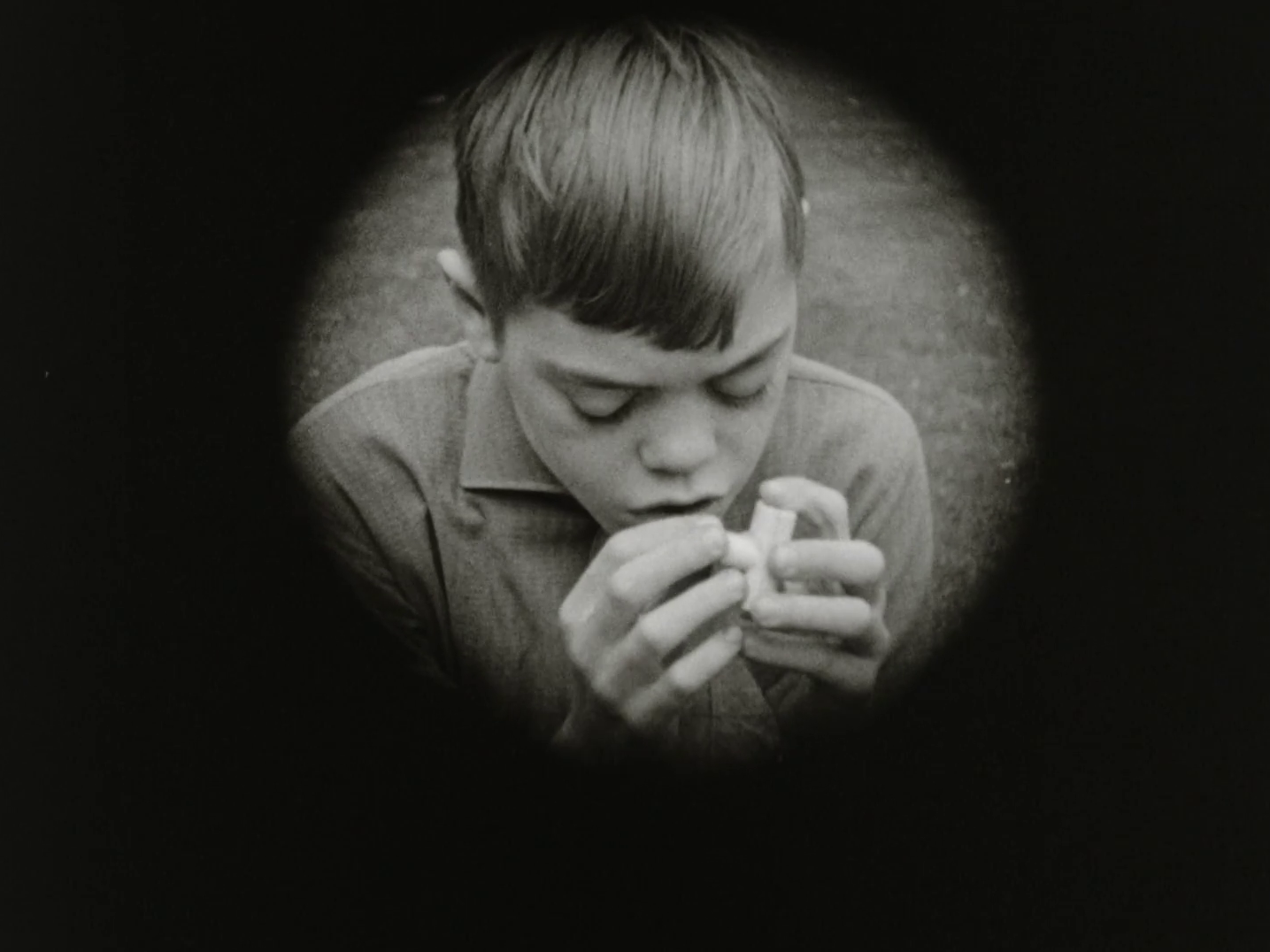That and How

It’s not about showing that something is this or that. It's about showing how it is – how it feels to be in a given space, how it feels to be a given space.
Situations in a film don’t really explain anything. What counts is that they have come about by way of participation. And it is only by way of participation that they can come to mean something to the viewer.
Since I am unable to see things in pure isolation, I have also introduced a destructive emotion. Life erodes every statement you make.
If you operate on that wavelength, you create prototypes of reality. This can be done in very simple everyday images. I would rather not have power over specialized technical machinery. Film is more a way to put things into a context than to create a story. An innovation of the eye.
As soon as a person has been filmed, he is no longer a person but a piece of fiction, filmed material. And yet, at the same time, he goes on living.
There is a great amount of tension in this double movement. Discovering a form for this tension means projecting an imaginary world and describing the human struggle within it.
By linking the approach of the painter to the love of music, I am gradually entering the realm of poetry.
July 1969
Although written in 1969, this text was originally first published in: Johan van der Keuken, Zien kijken filmen (Amsterdam: Van Gennep, 1980). This translation was made on the occasion of the retrospective ‘Through the Lens Clearly: A Retrospective Look at the World According to Johan van der Keuken’ held at MoMA in 2001.
With the courtesy of Prudence Peiffer and Josh Siegel
Image from Blind Child (Johan van der Keuken, 1964)

